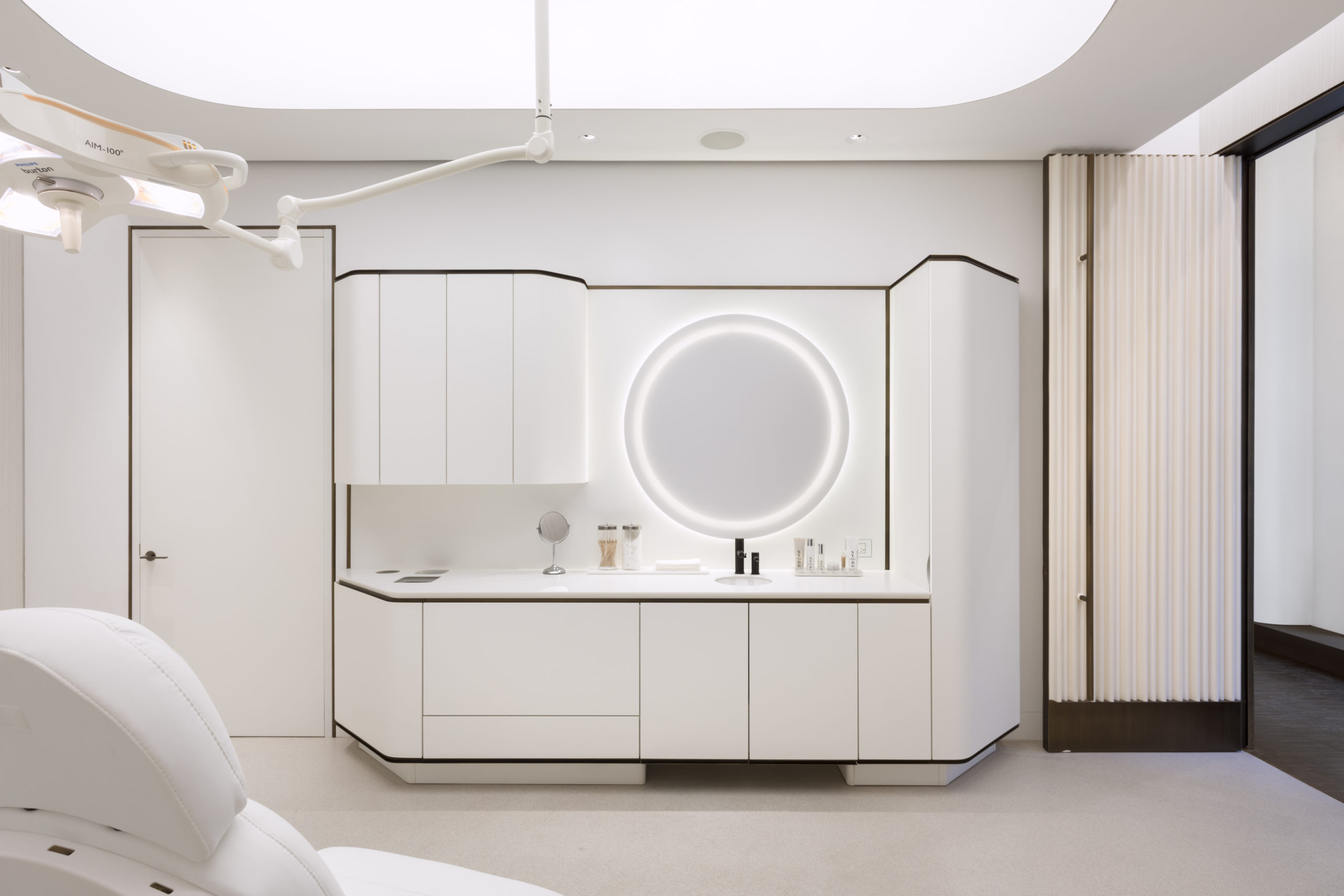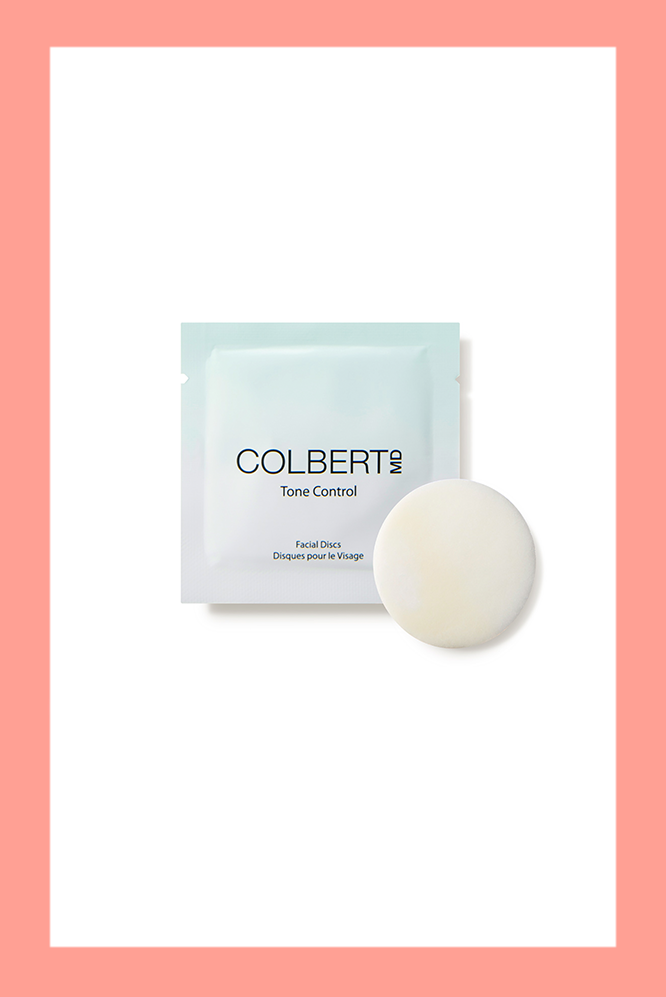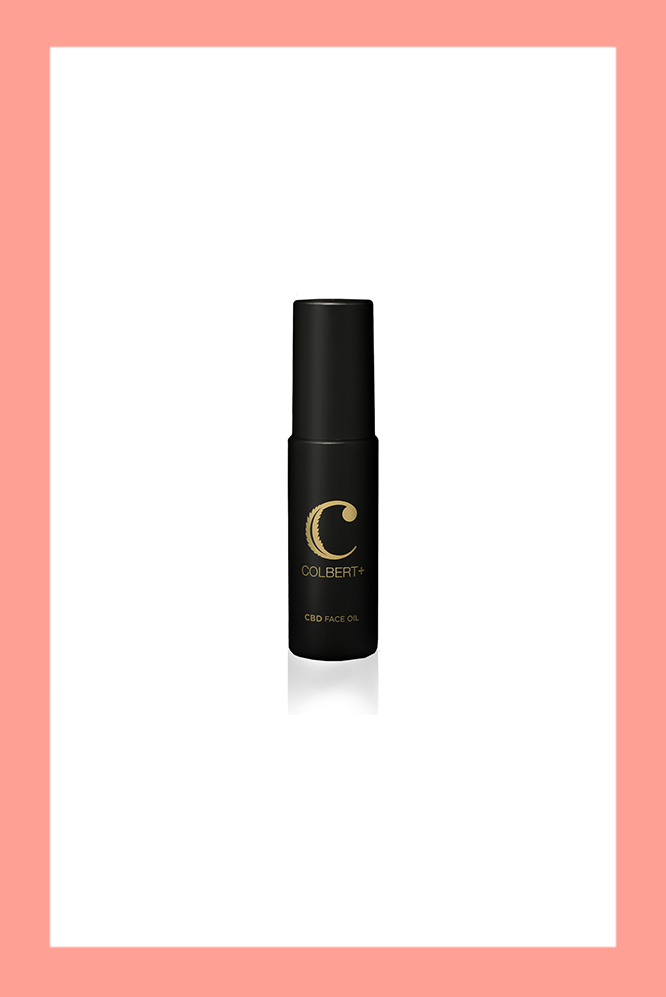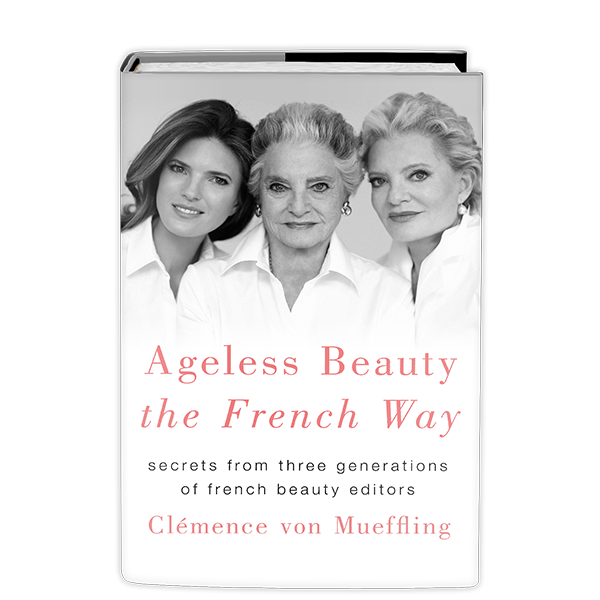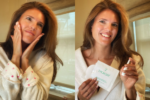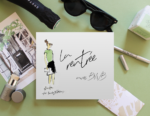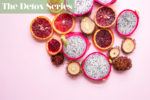Your Après Summer Skincare Routine with Dermatologist Dr. David Colbert
Dr. Colbert spoke to BWB’s Rebecca Leffler about how to glow through fall with radiant skin.
Your skincare routine is just like your wardrobe. In other words, you need to clean out your closet each season to adapt to the changing weather. While you trade sundresses for sweaters and swimsuits for scarves, you must also adjust your skincare routine to the crisp autumn chill. Who better to style our fall skincare routine than the most dapper of dermatologists? Meet Dr. David Colbert, the dermatologist who has been advocating for a more holistic approach to skincare for years.
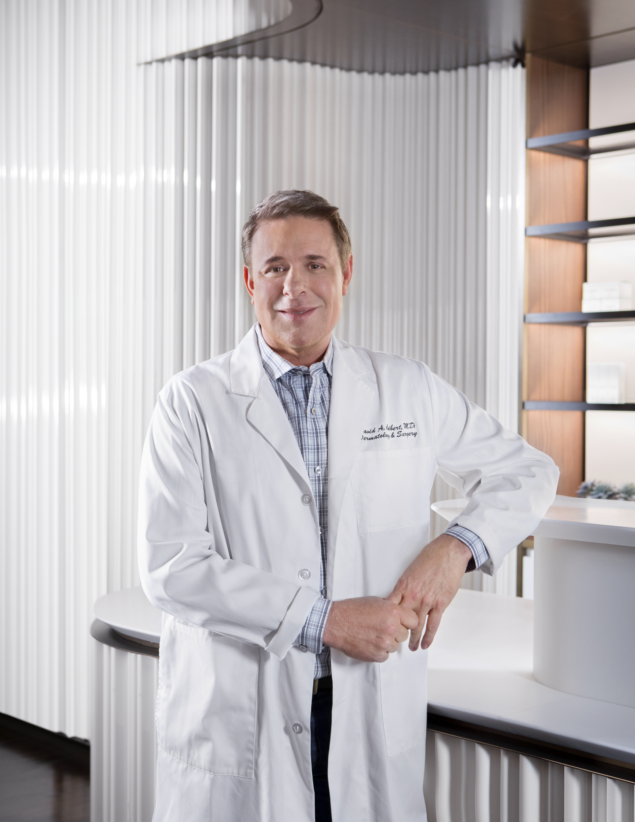
Dr. David Colbert is not your average skin doctor. He’s the founder and head physician at New York Dermatology Group (NYDG). Before establishing himself in his private Manhattan practice in 1995, Dr. Colbert studied and lived in Paris. While in Paris, he was also a dermatological research consultant for Chanel.
As a dermatologist for the stars, Dr. Colbert has treated celebrities including Robin Wright, Sienna Miller, Naomi Watts, Victoria’s Secret Angels, and many more. His famous Triad treatment includes microdermabrasion, laser toning, and a light chemical peel. But, his skincare isn’t just for those on movie screens and red carpets. Dr. Colbert is also the founder of the NYDG Foundation, a charity that sends medical personnel and supplies to people in crises around the world.
Loved from New York to Hollywood, Dr. Colbert is also behind NYDG’s 7,000 square foot integral health and wellness wing. This one-stop shop is for all things wellness that go deeper than just the skin. It blends avant-garde technology, medical expertise, and self-care with custom-made treatment rooms, cryotherapy, Susanne Kaufmann’s in-house skincare, massages and lymphatic treatments. Most importantly, NYDG’s wellness wing is home to a team of hand-selected, world-class physicians: an orthopedic surgeon, obstetrician, gynecologist and internist.
It’s called skincare: Skin. Care. But what does it actually mean to care for your skin?
Skincare is protecting and nourishing your skin. It’s also maintaining, improving and enjoying.
How does diet play a role in skin health?
You are what you eat. The food you eat makes a giant difference in how your skin feels and looks. When you’re young, junk food is okay. As you get older, however, the wrong foods can aggravate conditions like rosacea. Foods with a high glycemic index make your skin more brittle. In summation, packing on the sugar means less resilient skin. Sugar is a big no! Additionally, the more plant-based your diet is, the better your skin is going to be.
What are your top favorite foods for glowing skin?
Almonds, greek yogurt, white fish, olive oil, green leafy vegetables and all anti-inflammatory, vitamin-rich foods.
What does your ideal fall skincare routine look like?
Use what feels good. When people come to see me, I ask them, “what do you use on your skin and how does it feel?” It’s simple: If it doesn’t feel good, don’t use it. Many people use things that don’t feel good because they think it’s good for them.
If your face feels dry, don’t wash it. Listen to what your skin is telling you; your skin can change every day. There’s no one size fits all.
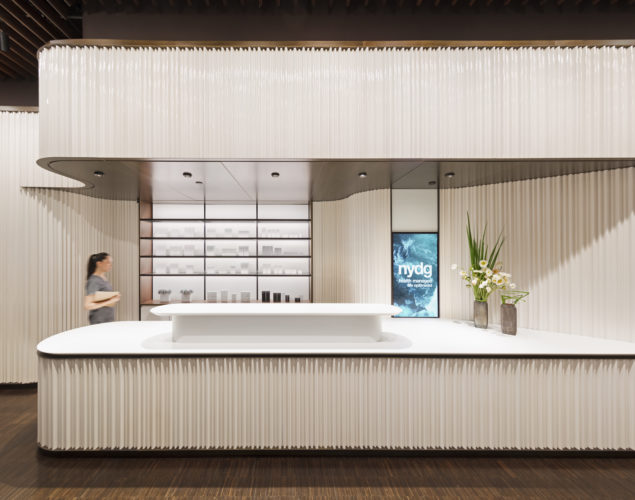
©Albert Vecerka/Esto
There are so many mixed messages out there, so tell us once and for all – should we be washing our faces?
I’m not a big “wash your face” person unless you have bad acne or wear makeup. I recommend using only gentle, non-soap cleaners for the face, and only if you’re wearing makeup. I am not a proponent of soap on your face unless you suffer from a skin disease where you have excess lipid or fat in your skin. Scrubbing and roughing up your skin every day is a bad idea in general.
What exactly is happening to our skin when we get tan on a molecular level? It looks great, but what is really happening beneath the surface?
When the sun hits the skin, a full cascade of molecular reactions happens. After a certain amount of time in the sun, erythema or redness occurs. This is different for everyone depending on your skin type (fair to dark). High energy UVB rays cause this reaction, leading to eventual sunburn. The UVA rays are a longer wavelength and penetrate the epidermis more deeply. These waves stimulate the pigment cells, A.K.A. melanocytes, to produce pigment or melanin. This then becomes a tan after several days. Tanning is always harmful to the skin.
Is a little bit of sunshine okay?
A little sun is okay for everybody because it is how we make vitamin D and set our circadian rhythms. Sunshine even helps to improve our immune systems. But, if you’re very fair-skinned and you’re going to bake in the sun, you will pay for it later.
I liken it to a little glass of wine. It’s okay, but when you drink a lot of alcohol, you’re killing off brain, stomach and liver cells. When you’re over 40 and you have more than one drink, you feel it the next day. Your skin is the same when it comes to the sun. It takes a while for the sun to break up the collagen molecules. Let’s compare the biopsy of a 13 year-old who has never been in sun to someone who is 50 and has been soaking in the sun for years. You’ll see that the collagen looks like spaghetti and meatballs compared to the fresh, young skin.
Is the damage reversible?
Your sunburn hangover can be treated in reverse up to a certain point. You can start by applying CBD oil on your skin to reverse some of the damage.
If we do get a tan over the summer, how can we seamlessly transition back to our regular skin tone without discoloration, flaking or dryness? In other words, how can we repair our skin post-summer?
Stay out of the sun. Use a milk acid moisturizer, such as lactic acid containing amlactin, for the body. For the face, use Colbert+ Tone Control Facial Discs, followed by our Stimulate serum with glycolic acid. And of course, also use oils.
The Colbert+ face oil contains 2 percent organic CBD extract, which reduces inflammation. Additionally, do a series of light fraxel laser on sun-damaged areas. The light stim led bed also helps with decreasing cutaneous inflammation. Photofacials, A.K.A. intense pulsed light, also helps to repair sun-damaged skin.
Which of your products do you recommend specifically for end of summer/early fall season?
Lachydrin, amlactin, the Colbert+ CBD oil, the NYDG Luminizing skin essence with 17% hyaluronic acid to pull water into the skin, and a soothing night cream.
How has this pandemic affected our skin? Have you noticed, for example, more stress-induced acne from wearing face masks, or any other strange effects of confinement? Any tips for protecting our skin while wearing a mask all day long?
Yes. Stress leads to acne. Plus mask dermatitis, dryness and reactivated rosacea.
Use an antibacterial wash once a day, remove your mask when alone at home. Use a light paper mask. I like the Evolve mask because it is light and 4-ply so it doesn’t cause acne.
Between the change of temperature outside and wearing a mask all day long, pesky pimples have been popping up for a lot of people. What’s the best way to get rid of them?
For a random pimple, you can use benzoyl peroxide, a drop of cortisone cream or a mix of the two. As far as addressing real acne that occurs daily, you may need antibiotics, a complete diet change or a look at your hormones.
We’ve now learned to do everything at home, but what are some treatments we can’t do at home and need to be done in a doctor’s office?
While home laser removal kits exist, I would recommend seeking treatment from a doctor. In our office, we have machines that sculpt and tighten muscles, perform cool sculpts, and conduct photofacials. And of course, our Triad facials have to be done in a doctor’s office.
If you had to pick one skincare product to add to our fall face wardrobe, what would it be?
There’s nothing better for the skin after 35-40 than an oil, especially in the fall and winter.
Feature Image Credit: ©Albert Vecerka/Esto
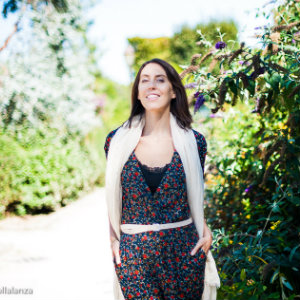
Rebecca Leffler is a Paris-based writer and journalist who, after a career as the French correspondent for The Hollywood Reporter and as a film critic on Canal+, traded red carpets for green smoothies. She’s written five books about healthy lifestyle from Paris to NYC and beyond, including Très Green, Très Clean, Très Chic: Eat (and Live!) the New French way with plant-based, gluten-free recipes for every season, and most recently Le Nouveau Manuel de la Cuisine Végétale. Rebecca has pioneered the “vegolution” in Paris, where she continues to organize events focusing on healthy eating, yoga and la vie en rose… And green! You can keep up with Rebecca on Instagram!


